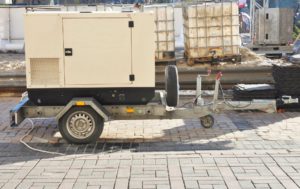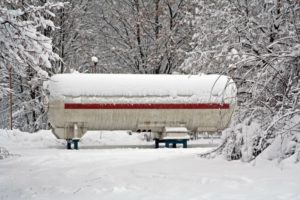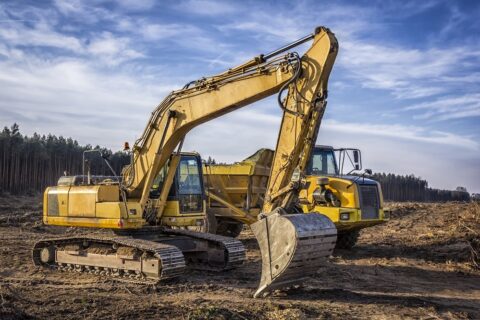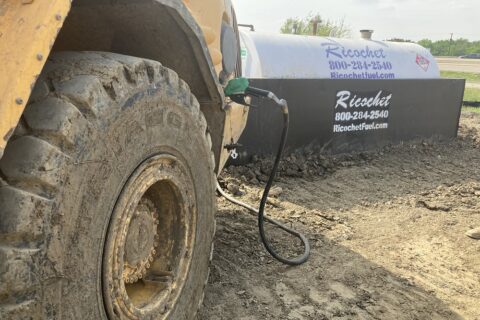How to Store Generator Fuel – the Right Way

No matter what industry you’re in from Construction, Concrete, and Landscaping to Delivery, and Refrigeration if you have standby generators, it’s vital to keep them in operating condition. The last thing you want in a power outage is to have your generator fail to start. Read on to learn our top tips on fuel storage.
Best Practices for Fuel Storage
When you depend on generators, it’s essential to know how to store the fuel, whether it’s gasoline or diesel. Knowing what to do and what to avoid will help you maximize fuel life and keep your generator operating.
When generators aren’t in use, they don’t just go bad and stop working. But gas and diesel can go bad, and that will make your standby generators fail. That’s why you want to store fuel outside the generator – not inside. Keep your generators dry until use and have a separate storage tank. Doing just this one thing will avoid problems.
The Importance of Good Fuel Quality
With generators, it’s essential to use high-quality diesel and gasoline. Low-quality fuel contains a higher concentration of impurities, microbes, and contaminants, and that will affect the generator and stop it from working. When you invest in higher-grade fuel and store your fuel separately, your generator maintenance will decrease, and the reliability of the unit will increase.
Incorrect Fuel Storage Creates Condensation

When you don’t store fuel in a cool, dry place and leave it exposed to the elements, problems occur. What happens is the fuel storage tank absorbs heat-and then loses the heat. That fluctuation in temperature creates condensation, which drips into the storage container and fuel.
Now more problems occur because solid contaminants grow in moisture. Rather than having the high-quality fuel you originally purchased, your fuel is now not only unusable; it’s also damaging to your generators. These impurities are what clog your injectors and filters, block complete combustion, and keep your generator from working correctly or starting at all.
Don’t Forget About Corrosion
The purpose of sulfur in fuel is to reduce bacteria growth. When using diesel fuel, you might not know that current ultra-low levels of sulfur in fuel create tank corrosion.
Back in 2006, the EPA mandated switching to Ultra Low Sulfur Diesel (ULSD) from Low Sulfur, which reduced the sulfur in fuel by 97%. Within just a few short months, reports of extreme diesel storage tank corrosion came in from all over the US. Damage that typically took years to occur was now happening within just months because bacteria were growing out of control.
That’s because bacteria produce microbial corrosion, and that results in more contaminants. Plus, these hearty bacterial eats steel! So, if you store diesel fuel in your generator or outside fuel tanks incorrectly, corrosion occurs. Then, when you start the generator, all that debris will start flowing into your machine. Or worse, your storage tanks can get holes in them, and you’ll have a fuel leak.
A solution to the problem is using biocides. These get rid of bacterial growth and prevent damaging corrosion.
Protect Your Fuel Against Cold Weather

When the weather gets cold in the winter and the temperature outside drops, fuel can become thick–like gel. That’s called gelling, and it can prevent your vehicles, heavy equipment, and generators from starting. That’s because the gelled fuel plugs up filters and blogs the airflow.
Make sure you use fuel with anti-gelling agents or purchase an additive. And remember, to keep your generators running their best, store all fuel tanks in an enclosed area protected from the elements. That will prevent water from getting in your tanks and bacteria from growing.
Ricochet Fuel is here to help you keep your generators running. We are proud to operate in the following states: Texas, Arkansas, Louisiana, New Mexico, Oklahoma, Georgia, Iowa, Kansas, Missouri, Ohio, Pennsylvania, South Carolina, Virginia, and Wisconsin. Call us today at 833-925-5065 or visit this page to find out why you should choose us for your fuel needs.


